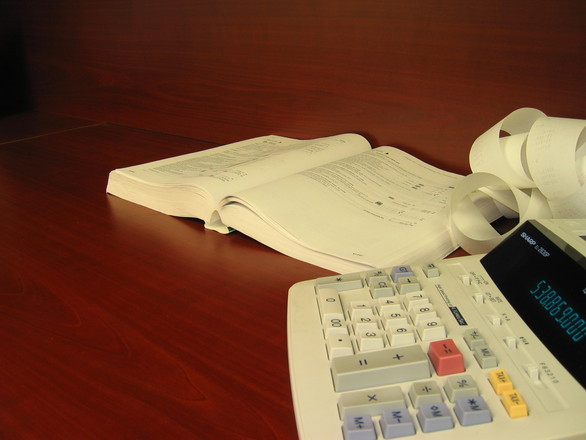1031 exchanges are becoming ever so popular and can have a huge impact on your business or investments in regard to profitability and avoiding big tax bills.
What is a 1031 Exchange?
A 1031 exchange is the sale of one investment property and the purchase of another while deferring any taxes on your sale.
If you’re considering doing a 1031 exchange (and you should) there are Six Rules You Need to Follow:
Rule One: Real Estate Must Be Held for at Least One-Year and One-Day before Selling
To qualify for a 1031 exchange, you must hold a property for at least one-year and one-day for it to be effective. Any properties held for less than this amount of time will not qualify.
Rule Two: There Is a Forty-Five-Day Identification Period
Beginning on the day you close on the sale of your previous property, you’ll have exactly 45-days to create a list of properties you may wish to purchase.
- You can place up to Three Properties on that list with No Limitations.
- If you wish, you may place more than three properties on your list but the IRS will put in place additional rules that state that the combined purchase price of everything on your list may not exceed twice the selling price of your old property. This is also referred to as the “200 percent rule”.
- After you have created your list, you need to give your list to a Qualified Intermediary.
Rule Three: There is an 180-Day Replacement Period
Beginning on the day the sale is closed on your old property, you have exactly 180-days to make the purchase of your replacement property. The replacement property you purchase must be on your “Forty-Five-Day List“.
Rule Four: A Qualified Intermediary is Required
You are not allowed to touch the money received from the sale of your previous property between the time the sale took place and the purchase of your new property. The law requires you to use the service of an independent third party, or in other terms, the service of a “Qualified Intermediary” to hold the money and also to prepare the necessary documents that the law requires in order to document your exchange.
When choosing a Qualified Intermediary:
- Watch out for fraud and/or inexperienced “Qualified Intermediaries”.
- Don’t use a “Qualified Intermediary” that does “commingling“, or that puts all their clients’ funds into a single account.
- Be certain your “Qualified Intermediary” puts your funds into a separate account under your own name and tax ID. Then call the bank in which those funds were placed frequently to be sure all the money is still in the account, and keep record of when you called and the name of the person you talked to. You’re the only person that can protect your money, no one else will look out for you!
- Qualified Intermediaries will hold clients’ money in one of two ways:
- 1) They place all clients funds into one account (avoid these)
- 2) They’ll set up a separate bank account for each client (This is the type you want)
- Most Importantly: Be Certain the Intermediary Knows What They Are Doing!!!
- Ask Them:
- How many exchanges they have completed?
- If they’ll provide you with a list of referrals?
- How many staff members they have?
- Have they ever had any complaints filed against them?
- Ask Them:
* It’s your job to protect your money because no one else is going to look out for you!*
Rule Five: The Title Holding Requirement
Section 1031 can only deal with the taxpayer who owns the previous property, sells it, and does the exchange. You must complete the exchange using the same taxpayer who sold the previous property.
In other words, if you wish to place the purchase of your new property under an entity, like an LLC (Limited Liability Corporation) but the old property you sold was in your name (under your personal tax identification number), you will not be able to use a 1031 exchange because an LLC has its own tax ID (EIN) and is consider a completely different entity.
Rule Six: Your New Purchase Must Be Equal or More. Additionally, You Must Reinvest All of the Funds
If you do not reinvest all of the cash from the sale of your previous property, you’ll end up paying taxes on it.


